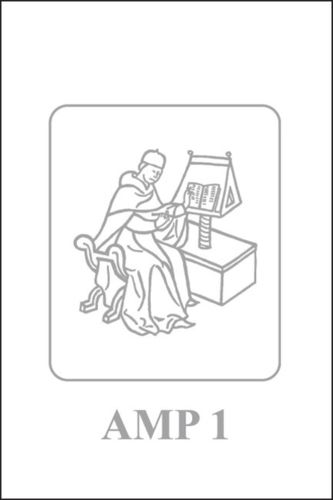Platonic Ideas and Concept Formation in Ancient and Medieval Thought
G. van Van Riel,C. Mace

Platonic Ideas and Concept Formation in Ancient and Medieval Thought
G. van Van Riel,C. Mace
One of the central issues in Plato’s philosophy is the question of how to account for the stability and unity of the seemingly unstable and ever changing world. How could we attain knowledge if there were no stable objects? And how could the world be what it is, if it were not grounded on stable principles? It is common knowledge that Plato answers both these questions, an epistemological and an ontological one, by his theory of the Forms. From an epistemological viewpoint, the Forms constitute the objects of true knowledge. They display the unity and the stability needed to ground solid knowledge. From an ontological point of view, they are the principles that underlie the order of the universe. Despite the enormous impact of the theory of the Forms, those who endorsed the theory had to cope with enormous difficulties. Plato himself was aware of the problems involved with the Forms, and severely criticises his own doctrine in the Parmenides , to the extent that it is still a matter of dispute whether or not the later Plato actually remained true to his convictions. This confronted Neo-Platonists with a dilemma: what about the role of sense perception in concept formation?
This item is not currently in-stock. It can be ordered online and is expected to ship in approx 4 weeks
Our stock data is updated periodically, and availability may change throughout the day for in-demand items. Please call the relevant shop for the most current stock information. Prices are subject to change without notice.
Sign in or become a Readings Member to add this title to a wishlist.


